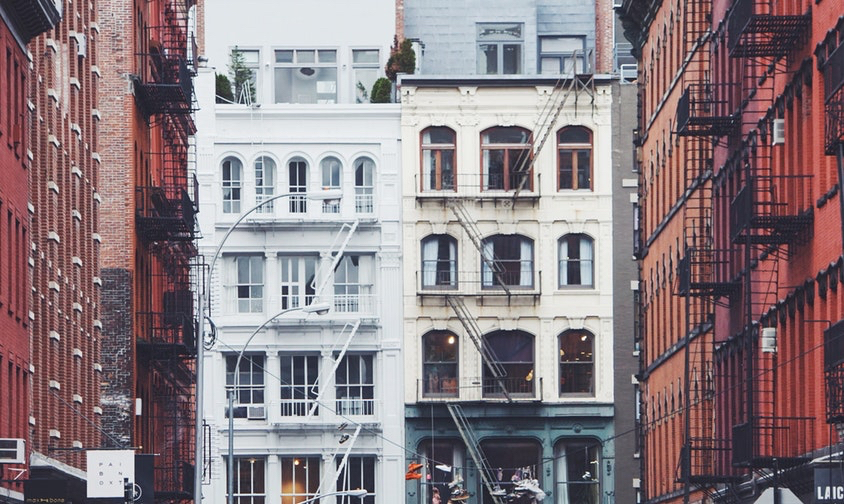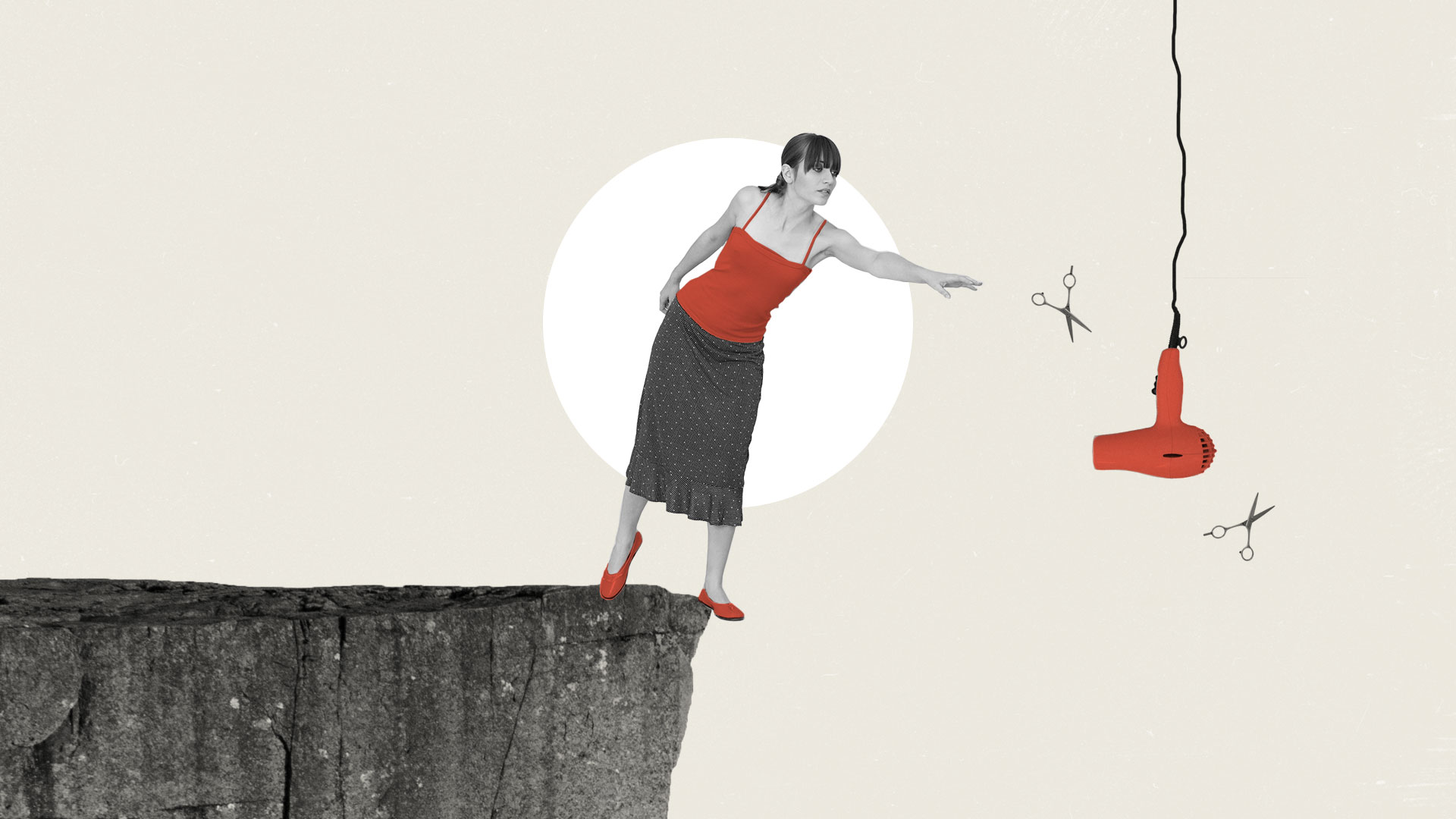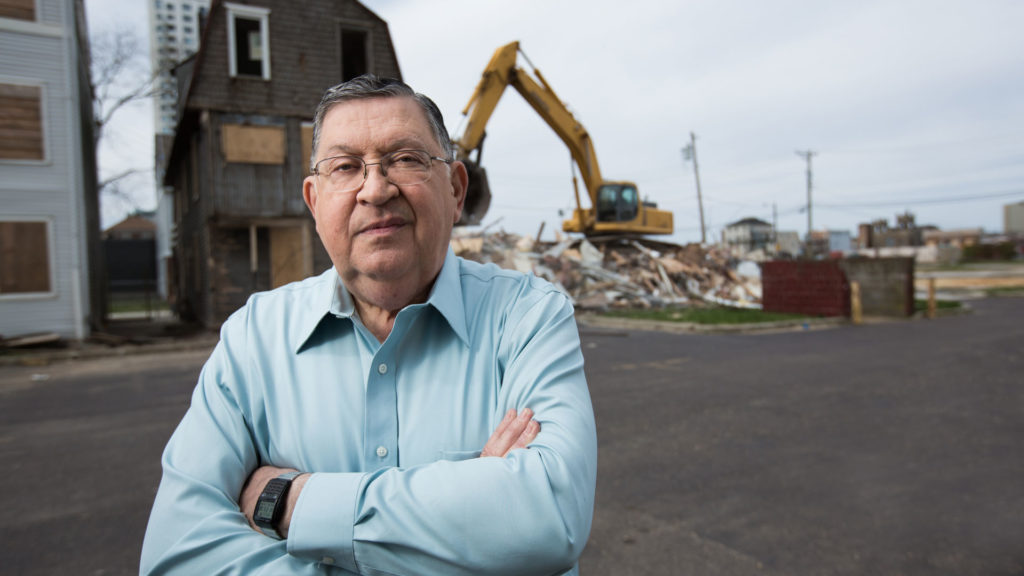In this explainer
Background
For orthodontists like Dr. Ben Burris, getting a license to work in his field made sense. But after Burris opened up a low-cost general dentistry clinic in his native Arkansas, to better serve low-income communities, he ran into hurdle after hurdle. According to the State Board, he was only licensed to be an orthodontist, not to practice general dentistry, despite having completed four years of dental school.
Occupational licensing requirements like the ones Dr. Burris encountered are the cumbersome requirements placed on many low- and middle-income earners that require them to become certified in their trade. Described as “permission slips from the government” these licenses often require workers to pay fees, reach a certain education level, or complete specified formal training in a given area. In Burris’s case, they limited which realm he could practice in, since he only had technical certification in the more advanced one (orthodontics, not general dentistry).
These licensing requirements are not limited to high-skilled industries, or professions where people are entrusted with the safety of others––occupational licenses are required, in many states, for all kinds of workers, from truck drivers to taxidermists to bartenders to home daycare providers (like Ilumi Sanchez, who provides care to children in her D.C. home). Licensing requirements are largely arbitrary and vary widely from state to state.
The Institute for Justice (IJ) estimates that one in three American workers need occupational licenses to pursue their chosen industry. The Brookings Institution estimates that the burden of occupational licensing has grown significantly since the 1950s––nearly 70 years ago, only five percent of total workers required licenses.
But what happens when getting that license presents a significant hurdle to the worker? What happens if someone can’t afford to get their license or enroll in school? This happens regularly––daycare workers in Washington D.C. are currently fighting the city government to repeal a new rule that mandates that childcare providers go back to school to get degrees in their field. The only issue is, many can’t pay for those degrees and certainly don’t have time for night school.
A 2012 IJ report found that, of the 102 occupations studied (that required licenses), workers had to reckon with an average of over $200 in fees, an onerous nine months of training, and one exam. Although this might not seem like a major roadblock to everyone, it can be quite costly––in terms of both money and time––for a low-income earner to put their work on pause for nearly nine months while gaining proper licensing. This makes sense in industries where there’s a compelling government interest to ensure health and safety of consumers––so which industries are affected by occupational licensing?
“The only issue is many can’t pay for those degrees, and certainly don’t have time for night school.”
Cosmetologists, city bus drivers, manicurists, barbers, and massage therapists must be licensed in nearly every state in order to work. Other occupational licenses are more rare: florists, funeral attendants and interior designers, for example. Still others are required in about half of states: cabinet makers, taxidermists, travel guides, and animal trainers, for example.
Why?
Some of this licensing is well-intentioned. In industries where public safety is a concern, such as dentistry and orthodontics, government entities want to ensure the general public isn’t being harmed by professions who are armed with incomplete information or training. Much of it is government inserting itself into the lives of everyday people who are just trying to make an honest living. And since these regulations are rarely called attention to, it’s easy for government agencies and legislators to keep stacking them on, away from the public eye.
Who does occupational licensing hurt?
Unfortunately, occupational licensing disproportionately harms the lower-income working class. Many occupations –– like becoming a hair braider or makeup artist –– are relatively accessible to those with few resources and little money. But when you add on education requirements and licensing fees (plus complex bureaucratic processes and no real option to opt out), it’s an easy way for government coffers to be enriched, and it becomes just a little bit harder for the working class to get ahead. With time, this harms economic mobility and keeps people entrenched in their socioeconomic class as it becomes harder to get ahead.
The Archbridge Institute, a nonpartisan think tank, set out to study whether the recent increase in occupational licensing is preventing individuals from achieving upward economic mobility and earning more than their parents did. They found “evidence of a potential negative correlation between growth in licensed occupations and absolute economic mobility.” In other words, occupational licensing seems to be harming people’s ability to strive for the American dream.
The arbitrariness of licensing also gets in the way of a person’s ability to move from state to state. If a hair braider is not required to be licensed in one state, then they move to another where a license is required, they might be forced to pay significant fees and undergo redundant training. For people with excess time and money on their hands, this is no big deal, but many low-income earners could find their economic mobility severely hindered by these variances once they cross state lines.
Makeup artist Donna Williams ran into precisely this problem when she looked into opening up her own salon in her native Michigan. To do so, she would’ve had to take over 400 hours of classes, pay more than $200 in fees to get an esthetician license. After finding out about her home state’s wildly onerous laws, Williams considered moving her business to Las Vegas, where she could find work more easily, with fewer hurdles standing in her way.

Occupational licensing can especially affect immigrants or non-native English speakers who’ve received training in their trade in their home country, but not in the United States. When forced to complete exams or classes in English, it becomes much harder for a native Spanish or Mandarin speaker to receive the certification necessary to work in their new state.
In some states, those who have been convicted of a crime––or even just those who have been accused––can be prohibited from getting occupational licenses in certain fields. What seems like a commonsense measure often harms ex-offenders’ abilities to get back on their feet and earn an honest living for themselves and their families.
According to The Hill, “Recently, the American Bar Association found 348 licensing or certification restrictions in Maryland for those with criminal records…Similarly, Tennessee currently allows licensing boards to prevent anyone convicted of felonies from becoming architects, engineers, cosmetologists, accountants, and even auctioneers.”
State-by-state variation in licensure burden has given interested parties pause––if, for example, a trade goes unlicensed in 48 states, but two states require it, there might not be compelling evidence to show that it the trade is practiced better in the states that require additional certification.
Still, large trade associations and big businesses will lobby governments, both state and local, to maintain their grips on smaller practices. This pattern plays out again and again, like when the American Association of Orthodontists filed grievances with 36 different state dental boards to try to shut down SmileDirectClub, an orthodontics startup that threatened big orthodontists’ bottom line with innovative new technology and lower cost to consumers.
Plus, there can be huge variation between states in terms of what’s required for a given trade––to get a cosmetology license in New York, it takes 233 days. Meanwhile, Iowa requires 490 days––or nearly nine additional months––to get the exact same type of license to do the exact same type of work.
A lot is at stake for real people like Burris, Sanchez, and Williams. Thankfully, legislators, scholars, and activists alike are beginning to measure the harms done by occupational licensing and rethink the system.
How can people get involved?
Raising awareness of onerous state-based regulations at national and local levels can help people understand how heavy handed regulation is affecting the day-to-day lives of real people. The more people share their stories of how their lives and families have been negatively impacted by occupational licensing, the more we learn about how we can reduce the burdens that hardworking people face. At the end of the day, unless it’s entirely necessary, no government entity should stand between a person and their ability to provide for their family.



